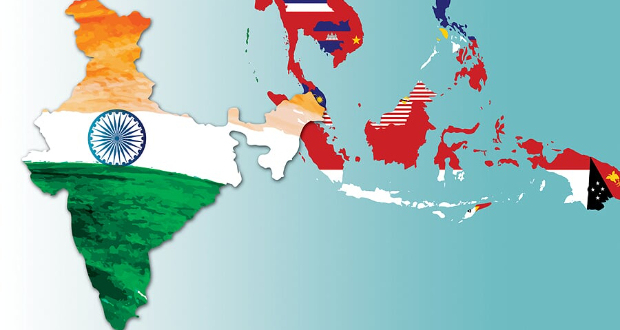This year marks the 10th anniversary of India’s “Act East Policy”. Previously known as the “Look East Policy” when launched in the early 1990s, the redesignation by Prime Minister Narendra Modi in 2014 sought to reinvigorate and accelerate India’s eastward engagement. This put India’s ties to Southeast Asia directly in the frame.
India’s present election is consequential for its attempted pivot to the East. The manifestos of the Bharatiya Janata Party (BJP) and Indian National Congress allude to South-South cooperation in some shape and form. However, only the BJP’s demonstrates an appetite for continuity in strategic engagement with the Indo-Pacific, and by extension Southeast Asia.
For Malaysia, a Southeast Asian nation with its own longstanding look east policy engaging Japan, South Korea and most recently, China, “Act East” semantics are not typically associated with India. This mismatch in perceptions between India and Malaysia could be why it is challenging to quantify the impact of India’s policy on Malaysia after a decade. But it would be an overstatement to claim this has resulted in enhanced strategic engagement, economic relations and connectivity with Malaysia.
Malaysia-India relations have seen bursts of momentum when not mired in the complexities of ties. An Enhanced Strategic Partnership was established in 2015, and regular defence exercises resumed in 2022. The convening of the India-Malaysia Joint Commission Meeting last year after a 12-year hiatus indicated relevant policy settings.




